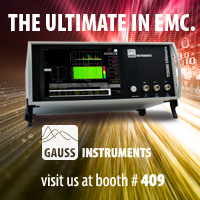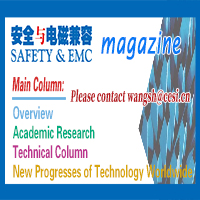Clayton R. Paul Global University
Advance your EMC knowledge and career with in-depth classes on
EMC at the IEEE EMC Society’s premier educational event.
Global University
AUGUST 6 – 8, 2024
Location: 124A – Phoenix Convention Center
The first Global University took place at the 2007 International Symposium on EMC in Honolulu, Hawaii. Janet O’Neil, the symposium chair, was looking for events to help encourage people relatively new to EMC to come to the symposium. Dr. Clayton Paul proposed a series of courses taught by internationally recognized EMC instructors from around the world. Together, they organized an event they named “Global University” consisting of ten, two-hour courses that ran throughout the symposium week. The event proved to be very popular and has been a fixture at every EMC symposium since then.
In the early years, the name of the event changed from Global University to Global EMC University to Global EMC & SI University, as the topics and the nature of instruction evolved. However, in 2013 the IEEE EMC Society Education Committee determined that the membership was best served by Global University as it was originally envisioned and organized by Dr. Paul. The committee established strict standards for both the topics and instructors to ensure a high-quality educational experience. They also renamed the event “Clayton R. Paul Global University.”
The topics for this year’s Global University are those that have been proven to be valuable to participants in previous symposia. The event for this year will provide the attendees with a great learning experience, due to the ability for interaction between instructors and attendees, as well as providing networking among attendees.
This year’s Global University will truly be an event that honors Dr. Paul’s efforts and dedication to the EMC Society as well as maintains his high standards in providing EMC educational opportunities!
Date: August 6 – 8, 2024
Location: 124A – Phoenix Convention Center
Cost: $400
NOTE: The course size is limited to encourage audience interaction. Space will be filled on a first-come, first-served basis.
PLEASE NOTE: The Clayton R. Paul Global University course content is intended for engineers who have been working in EMC and/or SIPI for several years and wish to be able to deepen their understanding. It is suggested that those who would like to attend will have already participated in the “Fundamentals Tutorial” held on Monday during the annual IEEE EMC Society Symposium week.
Full symposium registration required in addition to the GU course fee.
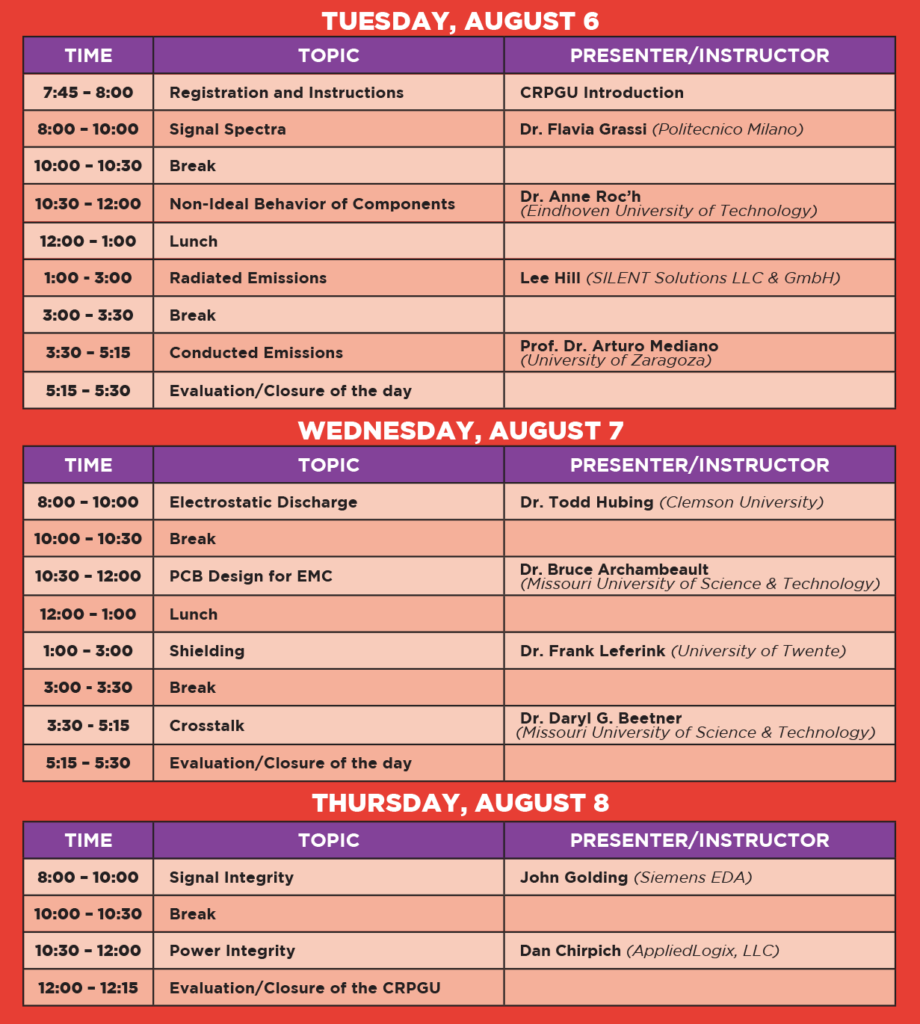
*Attendees participating in Clayton R. Paul Global University must attend all 20 hours of the instruction to receive a participation certificate. Other Symposium sessions and activities can be attended outside of these hours.
MEET OUR CHAIR
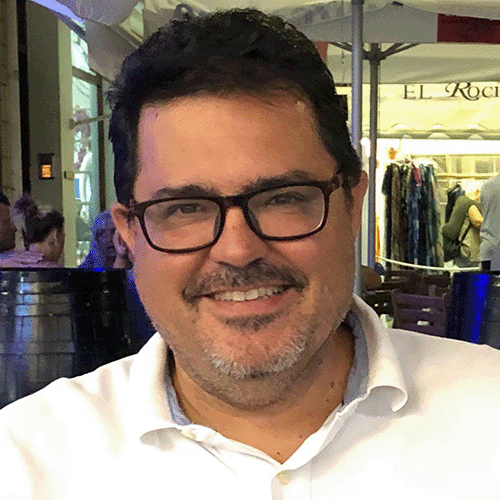
Dr. Arturo Mediano
Professor, I3A, University of Zaragoza
Founder The HF Magic Lab
IEEE Senior Member. Chair EMC-S Spain Chapter. Past Chair MTT-S MTT-17 Committee.
MEET OUR INSTRUCTORS
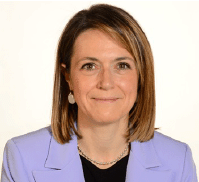
Dr. Flavia Grassi
Professor, Politecnico Milano
Topic: Signal Spectra
Dr. Flavia Grassi (M’07–SM’13) received the Laurea (M.Sc.) and Ph.D. degrees in electrical engineering from Politecnico di Milano, Milan, Italy, in 2002 and 2006, respectively. She is currently a Professor in the Department of Electronics, Information and Bioengineering, Politecnico di Milano. From 2008 to 2009, she was with the European Space Agency (ESA), ESA/ESTEC, The Netherlands, as a Research Fellow. Her research interests include distributed-parameter circuit modeling, statistical techniques, characterization of measurement setups for EMC testing (aerospace and automotive sectors), and application of the powerline communications technology in ac and dc lines. Dr. Grassi received the International Union of Radio Science (URSI) Young Scientist Award in 2008, and the IEEE Young Scientist Award at the 2016 Asia- Pacific International Symposium on EMC (APEMC), the IEEE EMC Society 2016 and 2021 Transactions Prize Paper Award, and the Best Symposium Paper Award at the 2015 and 2018 APEMC. She is currently serving as an Associate Editor for the IEEE Transactions on EMC, IEEE EMC Magazine, and IEEE Letters on EMC Practice and Applications.
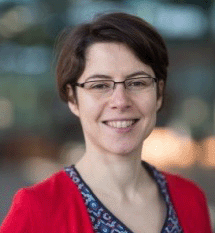
Dr. Anne Roc’h
Assistant Professor, Eindhoven University of Technology
Topic: Non-Ideal Behavior of Components
Dr. Anne Roc’h received her M.S. degree in Telecommunication from the École Nationale Supérieure d’Ingénieurs de Limoges (Limoges, France) in 2005 and her Ph.D. degree in Electrical Engineering from the University of Twente (Enschede, the Netherlands) in 2012 under the supervision of Prof. Frank Leferink. Her Ph.D. work focused on Behavioral Models for Common Mode EMI filters. Since 2014, she is an Assistant Professor at Eindhoven University of Technology.
Anne’s research and education interests are about integrating both sustainability and the risk-based approach into the circular design of innovative (safety-critical) products, across their value chain. She develops predictive models and tests for (innovative) screening material and EM Filters. Anne also characterizes the EM propagations in products (ICs, PCBs, mm-wave packages, power systems, cable layouts…) within a community of industrial partners in the Energy Renewables, Mobility and Medical Technology markets. Her goal is to develop new circular design philosophies for products deployed in constantly changing electromagnetic environment, together with her industrial and academic partners.
Dr. ir. Anne Roc’h is a Senior Member of the IEEE EMC Society (Board Member for the IEEE EMC Society Benelux, Secretary of the IEEE EMC TC4 on “EMI control” and vice-chair of IEEE EMC Education Committee). She is also a Board Member of the Dutch EMC-ESD society. She is the Coordinator of the MSCA ITN Eternity and the MSCA DN PARASOL.
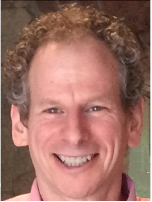
Lee Hill
MSEE, Missouri University of Science & Technology
Founding Partner, SILENT Solutions LLC & GmbH
Adjunct Faculty, Worcester Polytechnic Institute (WPI)
Associate Tutor, University of Oxford
Topic: Radiated Emissions
Lee Hill is Founding Partner of SILENT Solutions LLC, an EMC consulting firm he started in Silicon Valley in 1992. He is also Managing Director of Silent Solutions GmbH (Munich). Lee received his MSEE from the Missouri University of Science & Technology EMC Laboratory emclab.mst.edu., studying under Dr.’s Van Doren, Hubing, and Drewniak. Lee teaches graduate EMC as adjunct faculty at Worcester Polytechnic Institute (WPI), and is also an EMC course instructor for University of Oxford (England). Lee is the named inventor of three US patents for EMI control. Lee was previously the chair of the IEEE EMC Society’s Clayton R. Paul Global University program and Distinguished Lecturer program, and served as a Distinguished Lecturer from 1994-96. Lee consults and teaches public and private in-person and online EMC courses worldwide, and has been teaching short courses on EMC design and troubleshooting for over thirty years, He has presented EMC courses in the United States, China, Taiwan, Singapore, Mexico, Canada, South Korea, Germany, France, Poland, Norway, Portugal, Italy, India, and United Kingdom.

Dr. Arturo Mediano
Professor, I3A, University of Zaragoza
Founder The HF Magic Lab
IEEE Senior Member. Chair EMC-S Spain Chapter. Past Chair MTT-S MTT-17 Committee.
Topic: Conducted Emissions
Dr. Arturo Mediano received his M.Sc. (1990) and his Ph. D. (1997) in Electrical Engineering from University of Zaragoza (Spain), where he has held a teaching professorship in EMI/EMC/RF/SI from 1992. He has been involved in R&D projects with companies in the EMI/EMC, Signal Integrity and Radiofrequency (RF) fields for communications, industry, medical, and scientific applications since 1990. He has taught hundreds of courses/seminars for industries and institutions in the fields of EMI/EMC/SI/RF in Europe , USA, Canada, and Singapore.
Arturo Mediano is one of the Instructors of Besser Associates, Inc. (CA, USA).
He is the founder of The HF-Magic Lab®, a specialized laboratory for design, diagnostic, troubleshooting, and training in the EMI/EMC/SI and RF fields in Zaragoza (SPAIN).
Dr. Mediano is a Senior Member of the IEEE. He is member of the IEEE EMC Society (EMC-S), and Chair of the EMC-S Spain Chapter. He is member of the MTT Society and Past-Chair of the MTT-17 Committee (HF/VHF/UHF Technology).
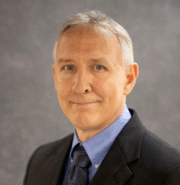
Dr. Todd Hubing
Professor Emeritus, Clemson University
IEEE Fellow, ACES Fellow
Past President, IEEE EMC Society
Topic: Electrostatic Discharge (ESD)
Dr. Todd Hubing is a Professor Emeritus of Electrical and Computer Engineering at Clemson University and President of LearnEMC. Dr. Hubing holds a BSEE degree from MIT, an MSEE degree from Purdue University and a Ph.D. from North Carolina State University. He was an engineer at IBM for 7 years and a faculty member at the University of Missouri-Rolla for 17 years before joining Clemson University in 2006. As the Michelin Professor of Vehicle Electronics at Clemson, he established the Clemson Vehicular Electronics Laboratory where he supervised research projects and taught classes in vehicle electronics, electromagnetic compatibility and digital signal integrity. At LearnEMC, he provides EMC instruction, consulting and design assistance to engineers working in the automotive, aerospace and consumer electronics industries. He is a Fellow of the Institute of Electrical and Electronics Engineers (IEEE), a Fellow of the Applied Computational Electromagnetics Society, and a Past-President of the IEEE Electromagnetic Compatibility Society.
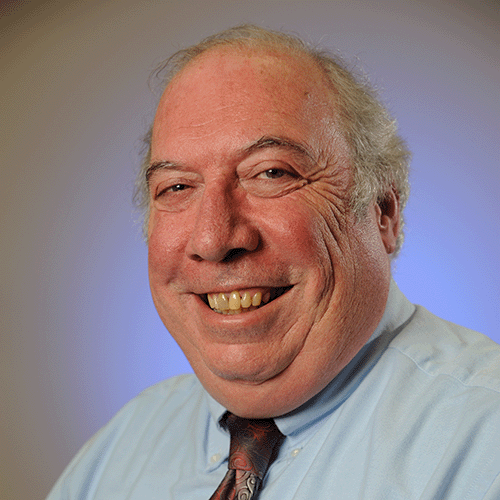
Dr. Bruce Archambeault
Adjunct Professor, Missouri University of Science & Technology
IBM Distinguished Engineer Emeritus
Principal, Archambeault EMI/EMC Enterprises
IEEE Fellow
Past President, IEEE EMC Society
Topic: PCB Design for EMC
Dr. Bruce Archambeault received his Ph. D. from the University of New Hampshire in 1997. His doctoral research was in the area of computational electromagnetics applied to real-world EMC problems. He has taught numerous seminars on EMC and Signal Integrity across the USA and the world, including the past 15 years at Oxford University. Dr. Archambeault has authored or co-authored a number of papers in computational electromagnetics, mostly applied to real-world EMC applications. He currently serves as the Immediate Past President of the EMC Society. He is the author of the book “PCB Design for Real-World EMI Control” and the lead author of the book titled “EMI/EMC Computational Modeling Handbook.”
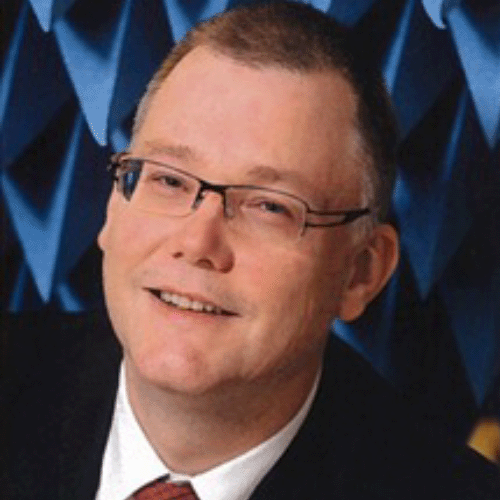
Dr. Frank Leferink
Professor, University of Twente
Technical Authority, THALES Nederland
IEEE Fellow
Topic: Shielding
Dr. Frank Leferink received his B.Sc in 1984, M.Sc. in 1992 and his PhD in 2001, all electrical engineering, at the University of Twente, Enschede, The Netherlands. He has been with THALES, Hengelo, The Netherlands, since 1984, and is currently Director EMC. He is also manager of the Network of Excellence on EMC of the THALES Group, with over 150 EMC engineers scattered over more than 30 units, worldwide. In 2003, he was appointed as a (parttime, full research) Professor and the Chair for EMC with the University of Twente. At the University of Twente, he lectures the course EMC, and manages several research projects, with 3 junior researchers and 20 PhD student-researchers. Over 400 papers have been published at international conferences or peer reviewed journals, and he holds 6 patents.
Frank Leferink is Vice-President Conferences of the IEEE EMC Society, and associate editor of the IEEE Transactions on Electromagnetic Compatibility and the IEEE Letters on Electromagnetic Compatibility Practice and Applications.
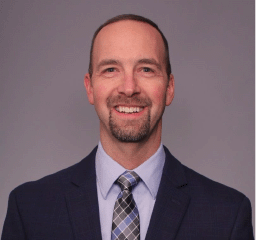
John Golding
Mr. John Golding
Sr. Applications Engineer Consultant
Siemens EDA
Topic: Signal Integrity
John Golding is an Applications Engineer with Siemens EDA, and he works with engineers in several industries to solve their Signal Integrity, Power Integrity, and EMC analysis challenges. Prior to joining Mentor Graphics in 2014 as an Applications Engineer specializing in SI/PI/EMC analysis, John was a hardware engineer at a telecommunications equipment provider for 18 years. As a hardware engineer, he was responsible for the design, analysis, and verification of high-speed communications products. He holds a BSEE degree from the University of Michigan and a MSEE degree from Illinois Tech.
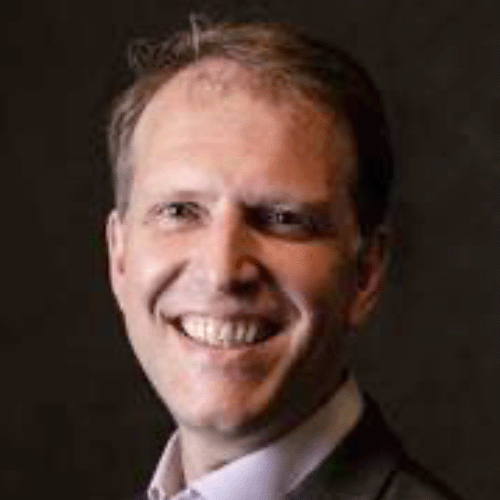
Dr. Daryl G. Beetner
Professor, Missouri University of Science & Technology
Director, Missouri S&T Electromagnetic Compatibility Laboratory
Director, NSF Center for Electromagnetic Compatibility
Topic: Crosstalk
Prof. Daryl G. Beetner (Fellow, IEEE) is a Professor of electrical and computer engineering with the Missouri University of Science and Technology, Rolla, MO, USA (Missouri S&T, is the Director of the Missouri S&T Electromagnetic Compatibility Laboratory, is the Director of the Center for Electromagnetic Compatibility, a National Science Foundation Industry/University Cooperative Research Center, and is the former Chair of the Missouri S&T ECE Department. He was the 2020 recipient of the IEEE EMC Society Technical Achievement Award and the 2003 IEEE-HKN C. Holmes MacDonald Outstanding Young Electrical Engineering Professor, and has won a number of best paper awards including honorable mention for the 2018 Richard B. Schulz Best Transaction Paper award. He serves on the EMC Society Board of Directors, is the current Chair of TC-5 – Interference Control, is the EMC Education Grant Chair, is a member of the IEEE Medal for Environmental and Safety Technologies selection committee, and of the IEEE-HKN Outstanding Young Professional committee.
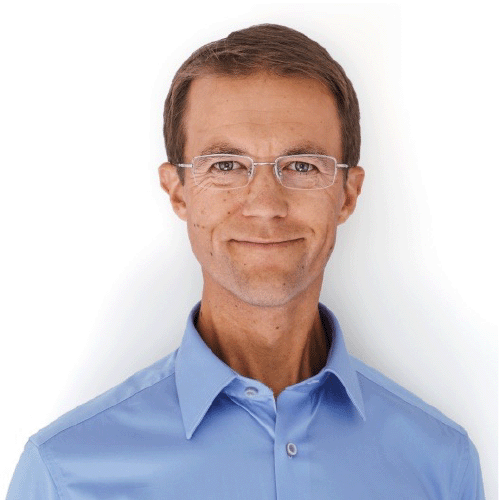
Dan Chirpich
MSEE at University of Kansas
Principal Engineer, AppliedLogix, LLC.
Signal and Power Integrity Lead
Topic: Power Integrity
Dan Chirpich is a Principal Engineer at Re:Build AppliedLogix, LLC, a Rochester, NY-based custom embedded electronics and software design firm. Dan leads their Signal and Power Integrity design services supporting a wide range of OEM customers in multiple industries. His work spans a broad range of design complexity – from MHz-rate multi-drop signal quality analysis to system interconnect design supporting throughput approaching a terabit/sec. His power integrity analysis work spans from review for low impedance design to delivering milli- to micro-ohm-range flat impedance PDNs with time domain sign-off.
Dan has been a practicing engineer for 20 years. He now focuses on his unequivocal engineering passion – signal and power integrity; however, he enjoyed equal amounts of project, hardware, and FPGA engineering roles in the past. His hardware involvement includes breadth across analog, high speed digital, and RF applications in aviation, space, and defense industries.
Dan earned three engineering degrees from the University of Kansas: a BS in Computer Engineering, a MS in Electrical Engineering, and an MS in Engineering Management.



